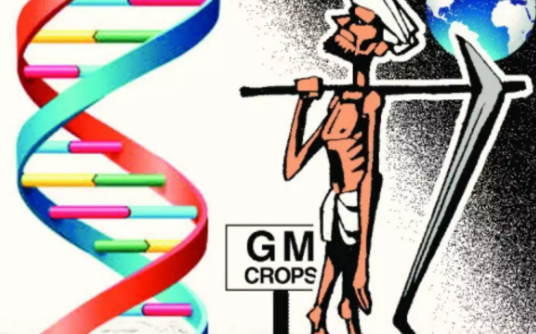One step forward, two backward sums up India’s sporadic trysts with transgenic crop trials
Hurdles again In deciding to consider proposals for GM crop field trials only upon the recommendation of state governments, Centre has signaled a retreat in another arena of farm reforms. Last year, central regulator Genetic Engineering Appraisal Committee (GEAC) allowed biosafety field trials of two new transgenic But Brinjal varieties in eight states. RSS-affiliated Bharatiya Kisan Sangh asked the Centre and these states to deny no-objection certificates for the field trials. GEAC’s decision to initiate trials, a compulsory prelude to commercial release, was a completely scientific decision based on long-term ICAR studies.
To buy our online courses: Click Here
Unfortunately the dogmatic opposition to transgenic crops rejects such findings, nor do they appreciate that the two Bt Brinjal varieties were developed indigenously. Field trials will help governments, scientists, seed companies and farmers transparently assess the claims of transgenic crops repelling pests and boosting productivity. Domestic research, indigenization and Aatmanirbhar Bharat are losing out. When circumstances force India to adopt GM crops in future, foreign biotech companies that have powered ahead during these two decades of domestic confusion will reap the advantages. Dangerous trends like farmers growing unapproved transgenic varieties of cotton and brinjal were reported amid stalling of trials.
Read More: Felt on the skin
For all the rhetoric on doubling farm incomes, Centre’s inability to overcome resistance to farm reforms is worrying. With the three farm laws earning the ire of Punjab, Haryana and western UP farm unions, BJP has toed the BKS’s line. Unelected lobbies have scored again, akin to the hyper activism that influenced UPA’s flip-flops and slowing growth. Absent central push, states with far less heft are unlikely to promote transgenic crop trials. 42% of the Indian workforce is employed in agriculture, mainly at subsistence incomes. India will pay a heavy price for the populism in their name that chokes reforms to infuse technology, capital and private trade in agriculture. They deserve a better deal.




